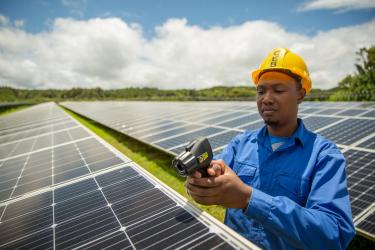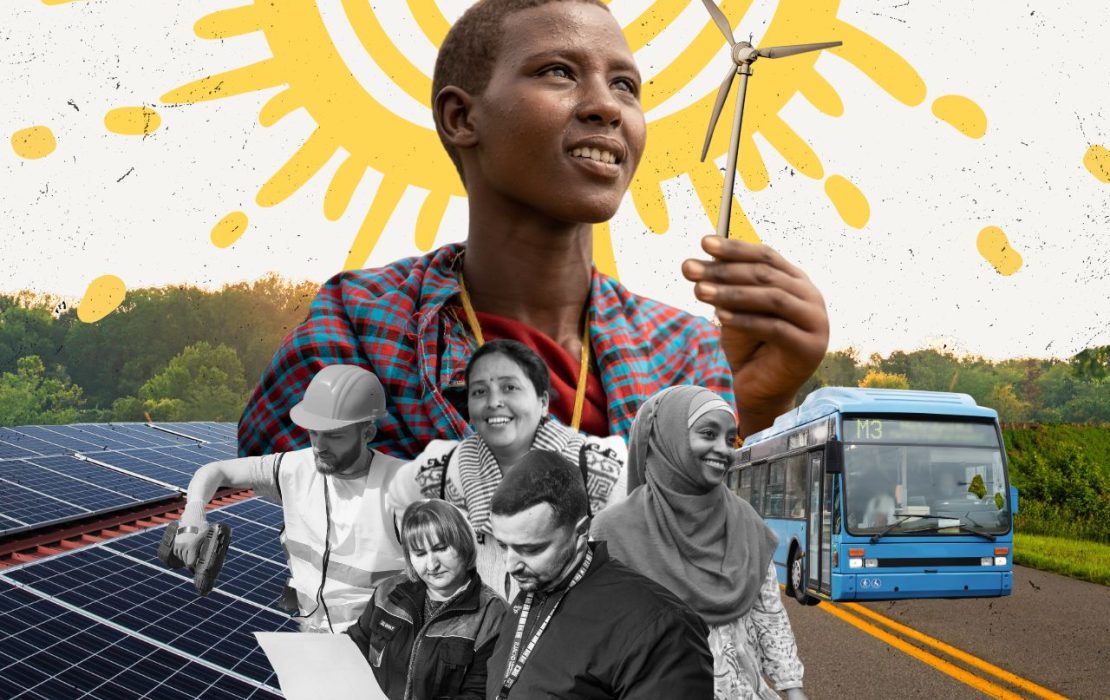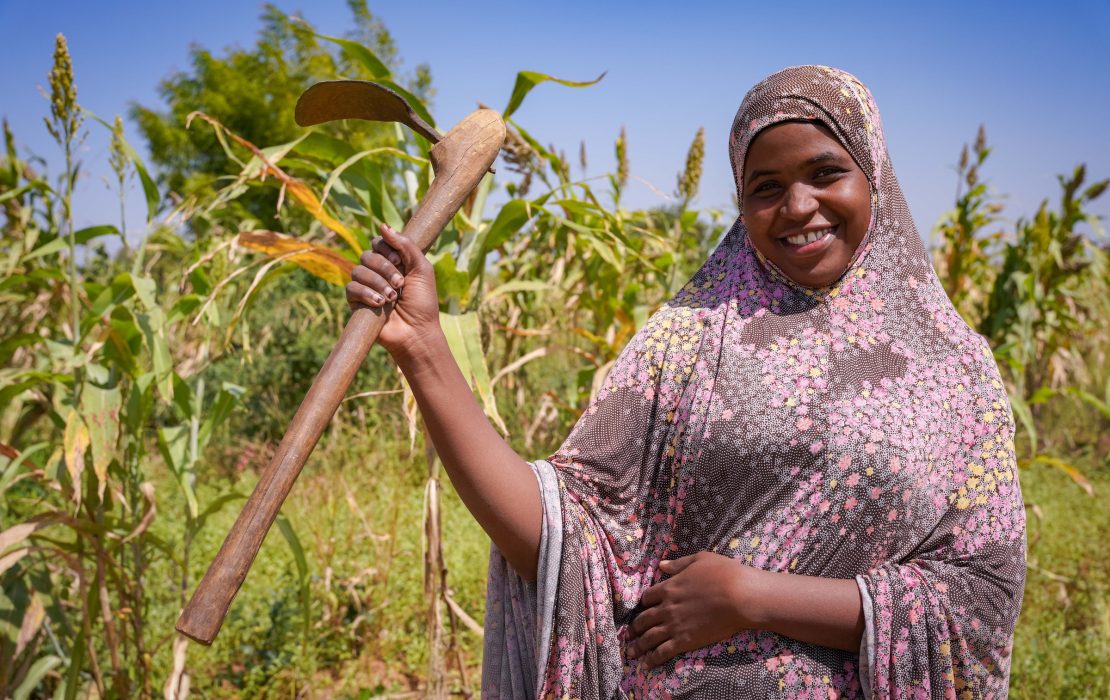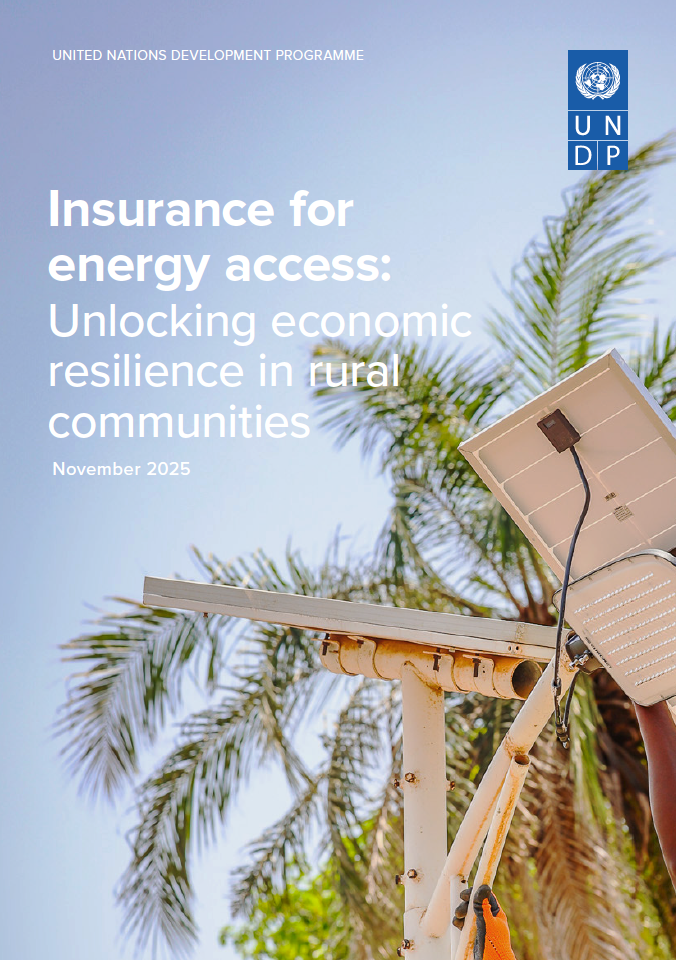With the energy sector responsible for around 80 percent of human-caused greenhouse gas emissions, the shift to clean, renewable sources is critical to mitigating climate change and advancing sustainable development. This shift involves replacing fossil fuels with renewable energy technologies (such as solar, wind and geothermal power), supporting access to clean cooking fuels and technologies, and improving energy efficiency and electrification across all sectors.
In addition to tackling climate change, the energy transition is an economic opportunity that could create millions of jobs for women and men. At the same time, renewable energy has the potential to deliver universal access to both electricity and clean cooking, which supports the achievement of nearly every other Sustainable Development Goal, from good health and wellbeing to reducing inequality to women’s empowerment and decent work and economic growth
Enabling large-scale clean energy investments to power the energy transition in a just and equitable way will be key, ensuring that the benefits are shared across all communities, countries and sectors.
The good news is that energy is now a priority in many countries’ national climate pledges, or Nationally Determined Contributions (NDCs), and climate action plans. And there is momentum to do more.
Under the Climate Promise, UNDP is committed to driving the global shift towards inclusive and resilient green economies by supporting the transition to clean, affordable and reliable energy. We work with countries to increase the ambition of their energy targets in their NDCs and climate action plans. In fact, all NDCs supported through the Climate Promise include energy-related targets or policies, 44 percent of which include references to women’s economic empowerment or gender equality. Our support also includes developing and improving national legislation, policies and financing strategies, enhancing the application of innovative business models and technologies for increased energy access and efficiency, fostering sustainable urban development, and mobilizing financial resources for renewable energy projects. Throughout this work, we strive to put just transition and resilience at the forefront, to ensure that no community is left behind.
Furthermore, with financial support from the Global Environment Facility (GEF) and the Green Climate Fund (GCF), UNDP has an active climate change mitigation portfolio covering 94 projects in 69 countries. These initiatives are not only aimed at reducing greenhouse gas emissions, but also at contributing to sustainable and resilient development pathways.






